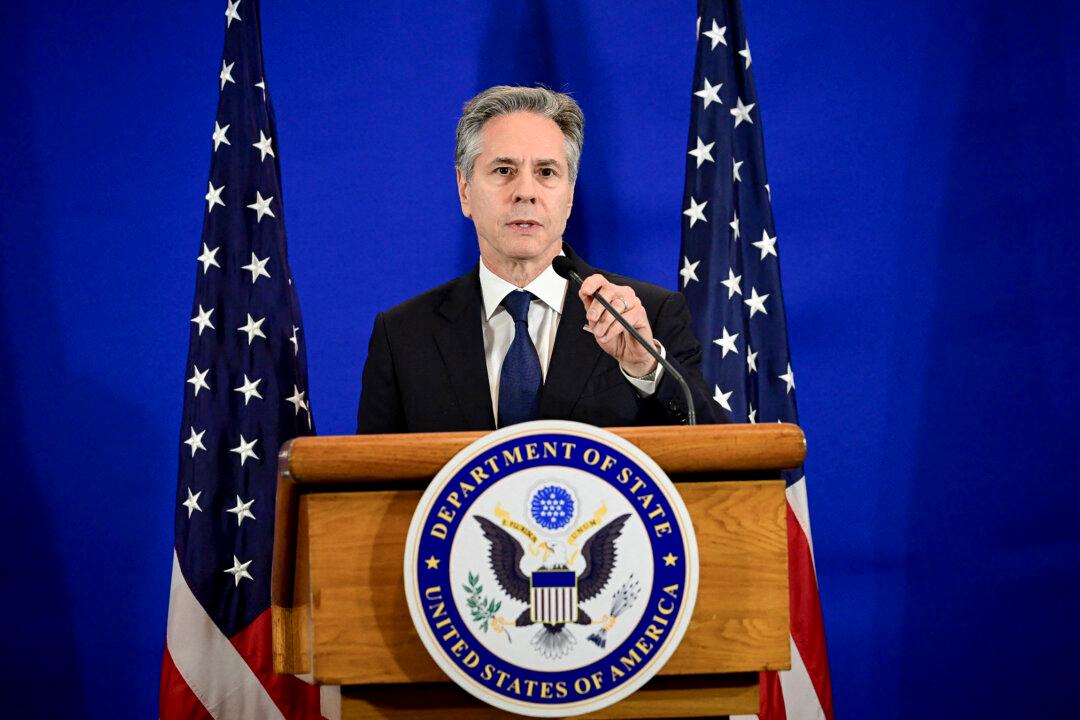The U.S. State Department marked 13 countries as the worst at protecting against human trafficking in its 2024 Trafficking in Persons Report, which it released on Monday.
“The 2024 Trafficking in Human Persons Report is a comprehensive, objective assessment of the state of anti-trafficking efforts across 188 countries and territories, including the United States,” Secretary of State Antony Blinken said at a June 24 event unveiling the new report.





